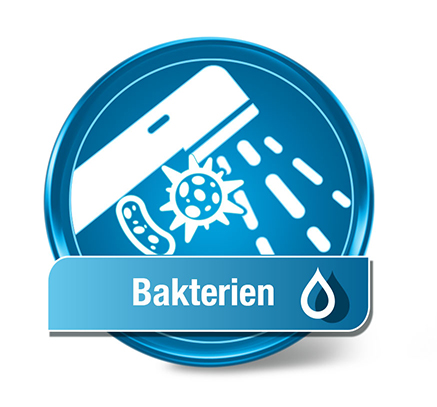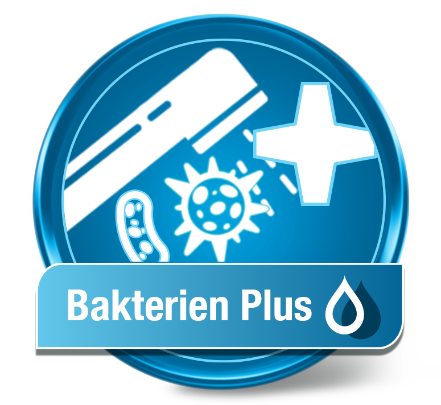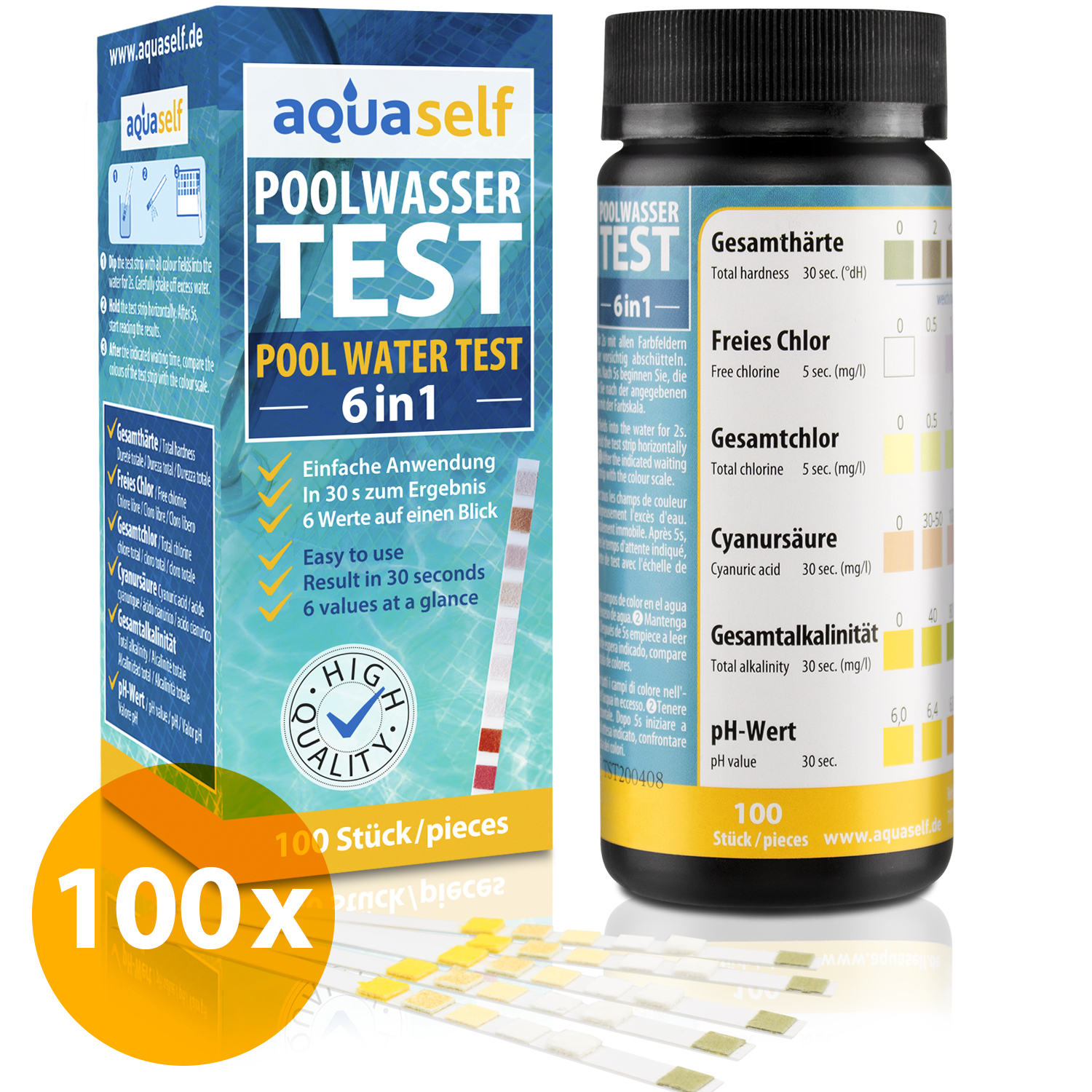Possible Causes of a Cloudy Pool

1. The Pool Filter
Your pool's filtration system constantly cleans the water. Without it, the water stands still and can become cloudy. In nine out of ten cases, water quality issues are due to filtration. If your pool water is cloudy, something might be wrong with your sand or cartridge filter.
2. The Environment
Everything surrounding your swimming pool can cause your water to become cloudy. These environmental factors include weather, birds, construction work, trees and plants, sun, people, and pool algae. All these factors can affect water quality.
3. Pool Chemicals
Too high a level of pool chemicals can be the cause of poor water quality. High pH, high alkalinity, excessive chlorination or other disinfectants, and high calcium hardness are common culprits. If you run your filter as usual, these levels should balance out over time. If there are imbalances, we recommend testing your water and addressing the issue.
What can be done to get a cloudy pool clear again?
1. Get your poolwater tested
Although you can see that your pool water is cloudy, you can't tell at first glance why.
2. Use a Pool Clarifier
Sometimes a little preventative maintenance is all it takes to keep your pool water crystal clear.
3. Use Flocculant
Flocculant has similarities to a pool clarifier, but it is not the same.
4. Chlorinating Your Cloudy Pool
There are three methods for this:
A Floating Chlorine Dispenser
A floating chlorine dispenser is a small container for chlorine pucks that floats on the surface of your pool, slowly dissolving and releasing chlorine into the water. This is the cheapest and easiest way to chlorinate. It is also the least effective way. Because it floats on the surface, it cannot distribute well due to lack of circulation, which can lead to poor water quality.
Your Pool's Skimmer Basket
Your filtration system is designed to draw, clean, and circulate your pool water. An essential component of this system is the skimmer. The skimmer can be used for chlorination in your swimming pool. You just need to add chlorine (preferably in tablet form) to the skimmer, and you can sit back and let it direct the dissolved chlorine through the filtration system into your pool water.
An Automatic Chlorinator
An automatic chlorinator connects to your filtration system and constantly adds a metered amount of chlorine to your pool on autopilot. All you have to do is supply the device with chlorine (preferably in tablet form), and it releases as much chlorine as you set via the regulator. This is the best way to regulate water quality.
✔ Heavy metals and pollutants
✔ For general drinking water, softeners
✔ Heavy metals and contaminants
✔ Separate bacteria test recommended
✔ Focus on bacterial contamination
✔ For general drinking water, softeners
✔ E. coli, coliform bacteria
✔ Enterococci
✔ 100 test strips
✔ Incl. multilingual instructions





